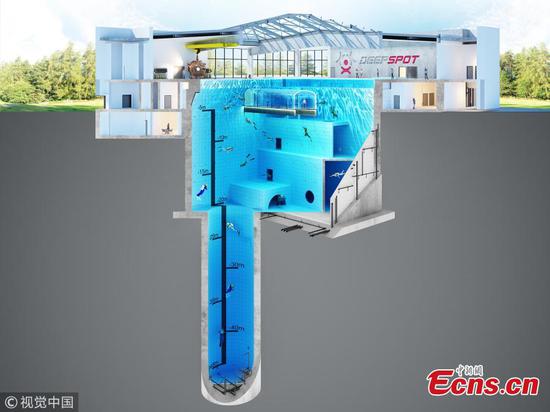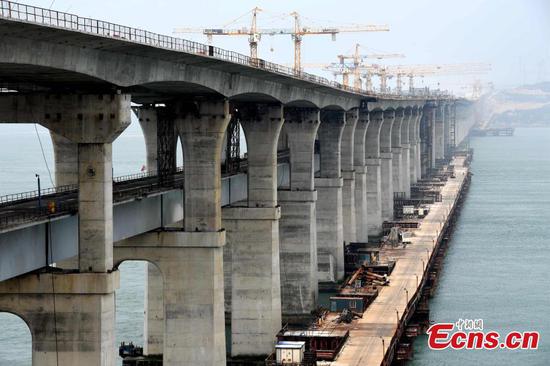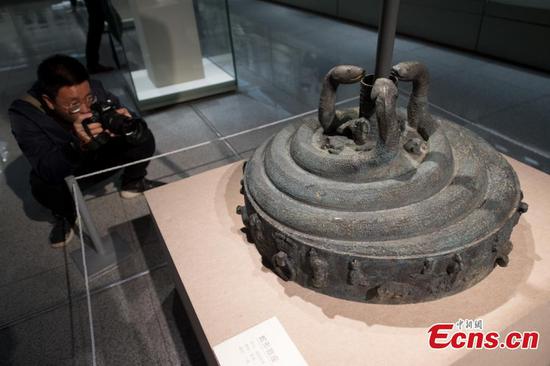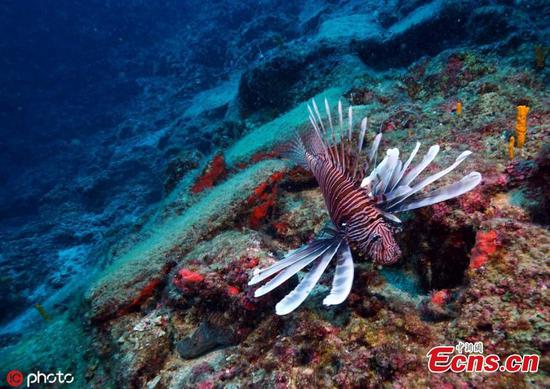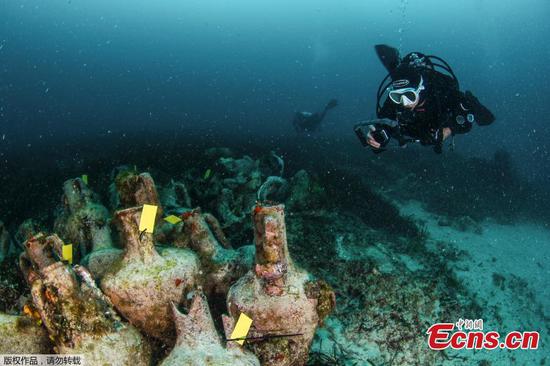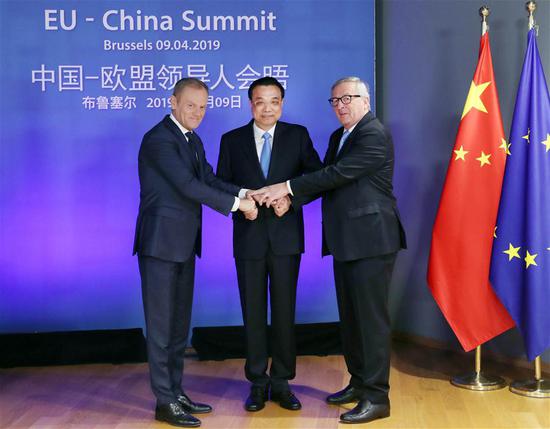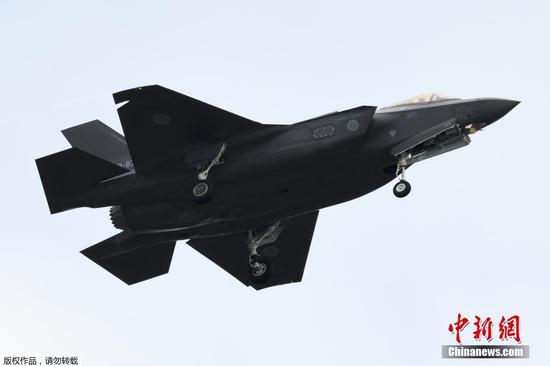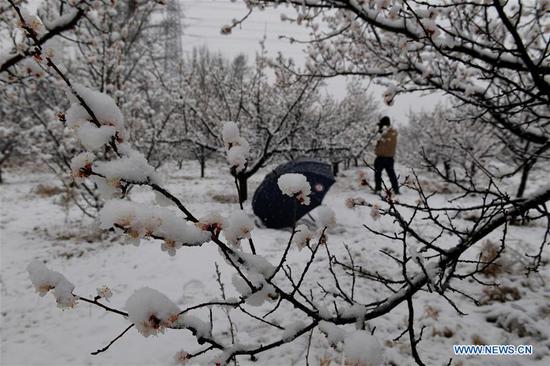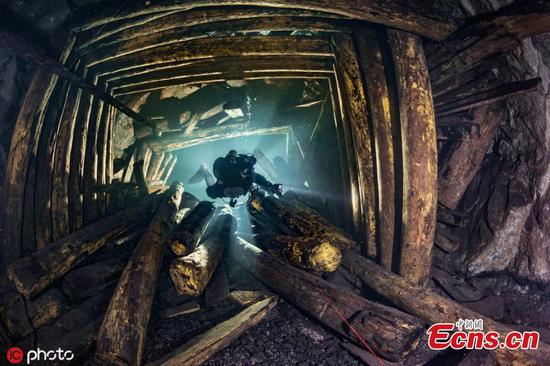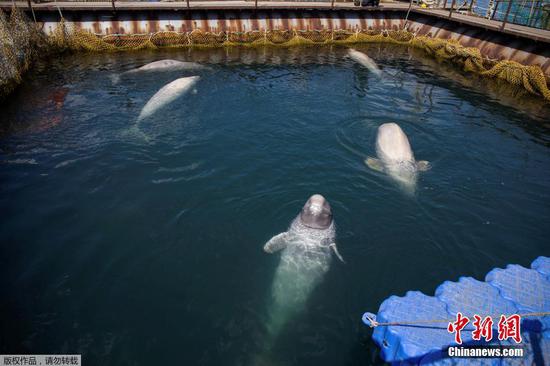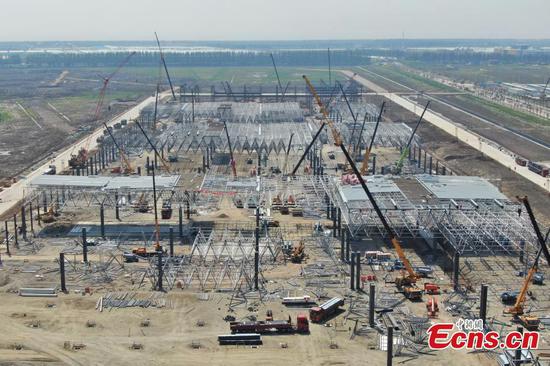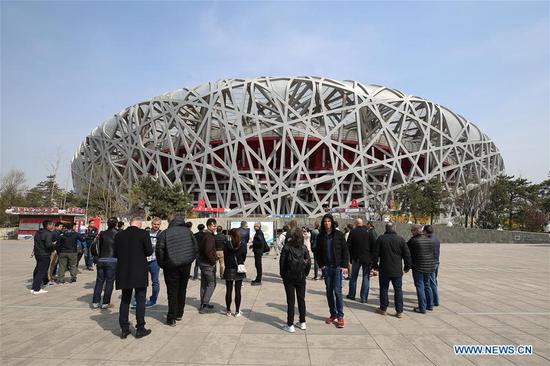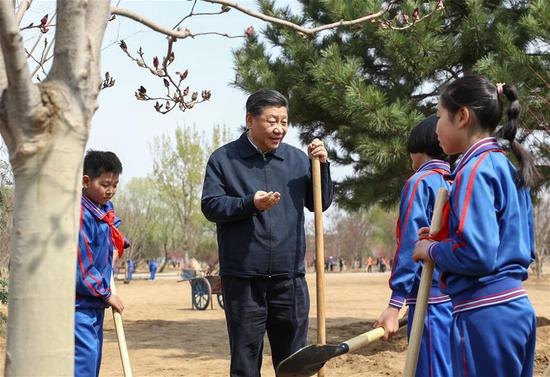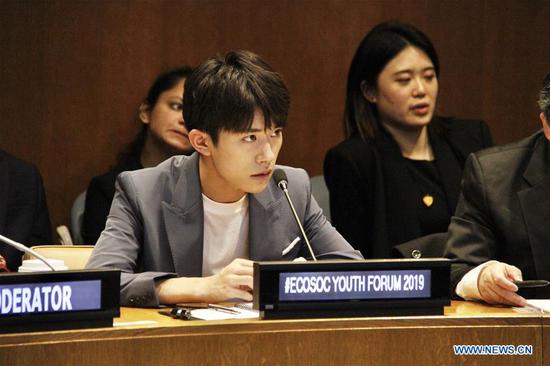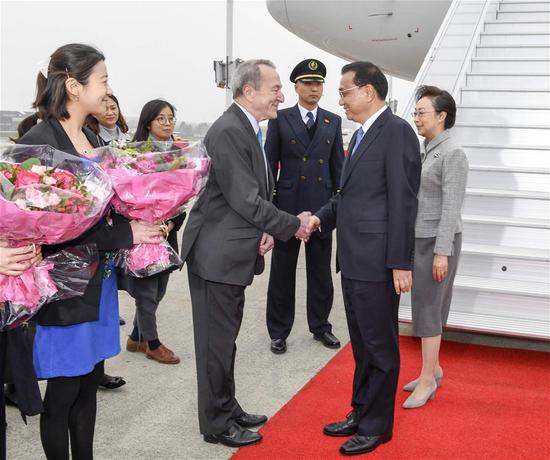Bulgaria-China relations gaining momentum
Evgeniy Kandilarov, an associate professor at Sofia University "St. Kliment Ohridski", Bulgaria
Thanks to the development of a multipolar model for international cooperation, and economic and information globalization, Bulgaria is now engaging with a much more complex world.
Since the importance of the Belt and Road Initiative will increase for the EU as well as CEE countries, especially Bulgaria, the Bulgarian government should assess the new geopolitical reality with all its possibilities, disadvantages, shortcomings, advantages and opportunities.
Traditionally, Bulgaria has seen itself as a bridge between Europe and Asia with a number of geopolitical and geo-economic advantages whose importance is expected to grow and thus attract more foreign investments. That's why Bulgaria can be a valuable partner in the 16 1 mechanism.
Although Bulgaria's "strategic geographical position" was often included in various official comments, until last year its importance in the initiative had not been highlighted. Bulgaria is part of the 16 1 mechanism, but until last year its participation was quite formal, often lurid and generally passive.
Another worrying fact is the lack of a practical and sustainable strategy for developing Bulgarian foreign policy and relations with non-EU countries. While expert and positive advice can unite the political elite, it is currently lacking. For example, Bulgaria's foreign policy priorities for the 2017-21 period focuses on Euro-Atlantic integration, without paying much attention to the rest of the world.
But following the last 16 1 summit in Bulgaria, there are enough reasons to believe Bulgaria has expedited efforts to strengthen relations with China, by implementing the commitments it made at the summit.
In March, Bulgaria's Cabinet approved the signing of a memorandum of understanding with China to establish a "Global Partnership Center" in Sofia. The MoU is expected to be inked at the eighth 16 1 summit in Dubrovnik, Croatia, on Friday. The Global Partnership Center will have various functions, including conducting and coordinating research to promote sustainable economic cooperation and partnerships between the 16 1 participants.
The center is also expected to help the 16 CEE countries to better understand the laws and regulations in China, as well as establish a network of contacts between institutions, trade and business associations, and enterprises from the CEE countries and China in order to facilitate business contacts and information exchange. That's why the Bulgarian prime minister said the Global Partnership Center will help more Chinese companies and investors to enter the European market by meeting the EU's requirements.
Seeking cooperation beyond cultures and borders
Katarzyna Anna Nawrot, a member of the Committee of Future Studies, Polish Academy of Sciences
The 16 1 mechanism was established in 2012 as a platform to promote cooperation between the 16 Central and Eastern European countries and China. But the 16 CEE countries have wide differences. To begin with, many of them are EU members while the rest are not. And although many of the CEE countries have a lot in common, they still have different historical backgrounds and cultures.
Also, the 16 CEE countries had no real cooperation among them before the 16 1 mechanism was established, except for bilateral relations and competition to get better deals with China. And their cooperation overlapped the interests of the EU and China.
So is there a common platform on which the 16 countries can seek real cooperation by shelving their existing differences? The EU-China cooperation mechanism can provide such a platform, as they seek more effective collaboration at the economic, political and people-to-people levels. The 16 countries could also seek dialogue and collaboration with China on issues such as security, environment, urbanization challenges, aging populations and deeper understanding despite their cultural differences, preferred economic systems, and even historical and territorial disputes.
In these uncertain times, the vision of looking beyond borders can lead to peaceful coexistence, development and economic progress.
But the policies of the 16 CEE countries toward China should not be inconsistent with the EU's common interest. The launching of "Trade, Growth and World Affairs" as a core component of the EU's 2020 Strategy indicates the importance of gaining access to the fastest growing world economies, China in particular. So there is a need for an elaborate strategy toward China as part of the common European vision.
To strengthen cooperation between China and the EU, it is necessary to strengthen common trust and understanding in the region. The initiatives taken in the field of culture and people-to-people dialogue, including EU-China cooperation on people-to-people exchanges, can help bring the countries closer.
European countries should work together for a more united, stable and strong Europe, in order to deepen cooperation with China. And the 16 CEE countries should act as a bridge between China and the EU, which will also help strengthen European unity. Multilateral and multiparty cooperation is also crucial for China, and only multilateral cooperation based on international rules can help build a better future for all.










